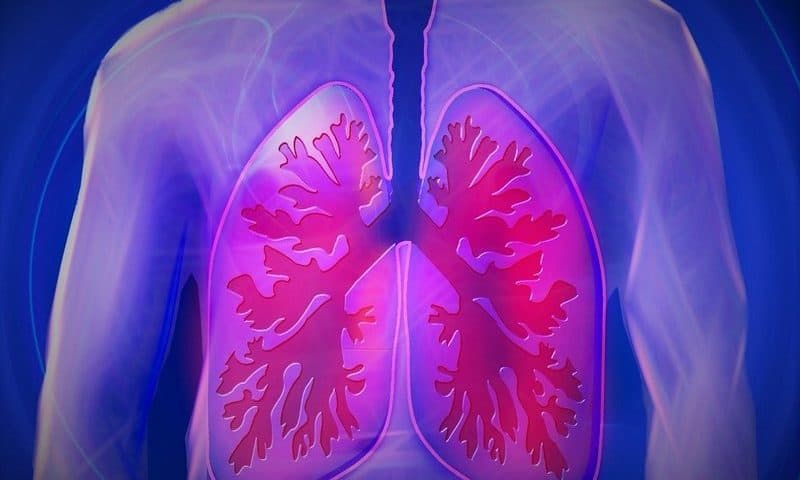Bellus Health needed a win for its chronic cough medicine BLU-5937 after dropping a previous round to Merck, and a new, planned interim analysis seems to have given the company what it needs to plan for phase 3.
At lease one of the three doses of BLU-5937 being tested in the phase 2b met the threshold for clinical efficacy, which tracked whether the therapy could reduce the severity of refractory chronic cough over 24 hours, according to a Monday release. The details were slim, and Bellus did not report which of the three doses met the threshold.
Some taste-related adverse events were noted, which is similar to results seen in previous studies. No serious adverse events were recorded.
Investors certainly seemed to agree that Bellus Health was onto something with the phase 2b results. Shares of the small Canadian biotech climbed 17% to $4.62 as the markets opened Monday.
The news is the latest in a first-to-market battle between four companies developing P2X3 prospects in refractory chronic cough. Merck is the furthest ahead, with P2X3 receptor antagonist gefapixant already under review at the FDA. The therapy was submitted based on phase 3 results that showed a reduction in several measures of cough symptoms, but tolerability concerns were raised during the trial.
Other contenders are Bayer, which is working with Evotec on a phase 2 trial, and Shionogi, which finished up a midstage study but is yet to share data.
Bellus specializes in P2X3, which is a receptor believed to play a role in the sensitization of the nervous system. One key challenge with these therapies is that the receptor can play a role in taste, which has been a persistent challenge in the ongoing clinical studies.
BLU-5937 was identified as a candidate that could overcome these side effects, but it ultimately failed to significantly reduce awake cough frequency over placebo in an earlier phase 2. The phase 2b was an adaptive trial featuring patients with a higher cough count. The taste issues have nevertheless dogged Bellus’ candidate during clinical testing.
With the early phase 2b results in hand, Bellus plans to accelerate planning for a phase 3 program, according to President and CEO Roberto Bellini. Enrollment will continue in the midstage adaptive study, and top-line data should arrive in the fourth quarter.
An independent statistical team conducted the preplanned interim analysis of the phase 2b trial for Bellus, which will not alter the trial design but was done for administrative purposes.

